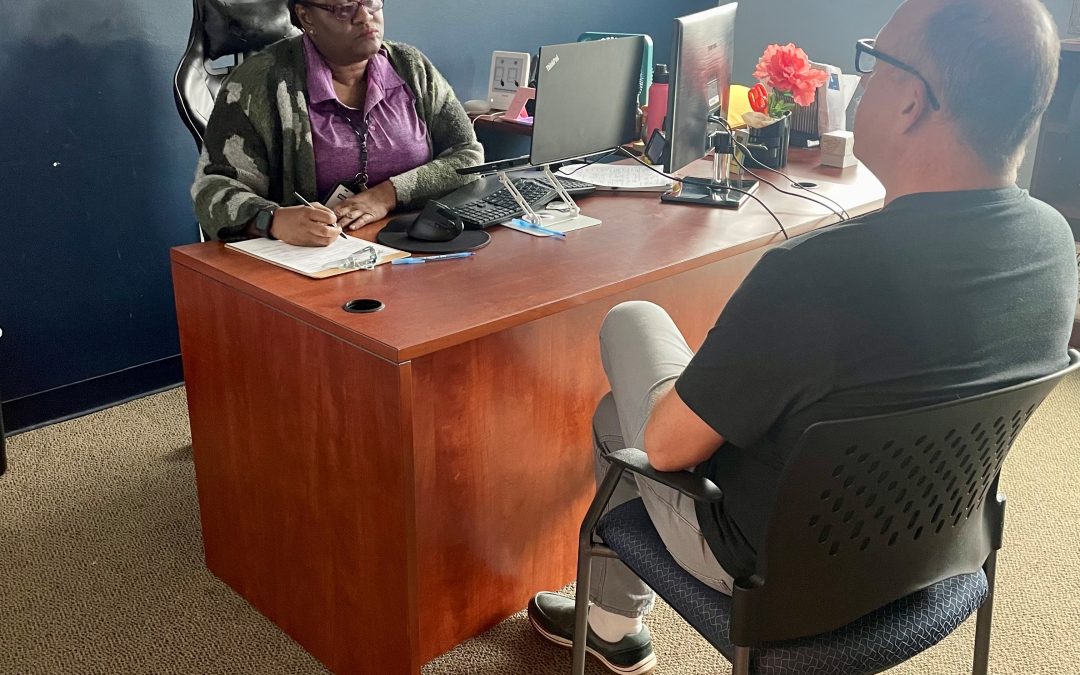Recovery from substance use disorder is not a one-size-fits-all journey. It’s a deeply personal process that often involves multiple attempts, layers of support, and—most importantly—hope. Whether you’re just beginning your path or supporting someone who is, understanding what recovery looks like can be a powerful motivator.
Recovery Takes Time—and That’s Normal
According to the Substance Abuse and Mental Health Services Administration (SAMHSA), more than 20 million Americans are in recovery from substance use disorders/addiction. But the path isn’t always linear. The Centers for Disease Control and Prevention (CDC) reports that it often takes an average of five attempts before someone successfully maintains long-term sobriety. This doesn’t mean failure—it means perseverance.
Recurrence is part of many people’s recovery story, and each attempt can teach valuable lessons about what support systems, environments, and strategies are most helpful. Recovery isn’t just about stopping use; it’s about building a life that makes long-term wellness possible.
Community Makes a Difference
One of the most powerful indicators of sustained recovery is a strong support network. Studies show that people who have supportive communities are significantly more likely to stay in recovery, especially when they have access to peer-based services and professional help. SAMHSA emphasizes that social connection and community engagement are key pillars of recovery. You’re not meant to do this alone—and you shouldn’t have to.
Professional Support That Meets You Where You Are
At First Call, we believe recovery should be accessible, personalized, and compassionate. Our Recovery Advocacy Program offers free, one-on-one support for adults at any stage of recovery:
-
Early recovery and seeking stability
-
Long-term recovery needing renewed support
-
Individuals looking to reduce the risks of their alcohol or drug use
There’s no sobriety or abstinence requirement. The only expectation is that clients stay engaged and communicate if they need to reschedule an appointment.
What Recovery Advocates Offer:
-
Connection to Resources: Whether you need treatment, mental health care, housing, employment, or recovery groups, we help you find what you need.
-
Personalized Recovery Plans: Your journey is your own. We work with you to build a plan and identify positive supports.
-
Compassionate, Judgment-Free Support: No matter where you are on the spectrum, we’re here for you—and we never charge for this service.
You Don’t Have to Wait to Get Help
Recovery doesn’t start at “rock bottom.” It starts the moment you decide you want something different. You don’t need to have all the answers—you just need to take one step. And with the right support, that step can lead to real, lasting change.
If you or someone you love is ready to take the first step, First Call is here. Our Recovery Advocates are ready to walk alongside you—wherever you are in the journey.
Want to learn about a Recovery Advocate’s journey to sobriety? Listen to Daniel’s story here.
Frequently Asked Questions About Recovery
1. How many people eventually recover from addiction?
Studies show that about 75% of people who experience addiction eventually recover, according to research published in the Journal of Substance Abuse Treatment. Recovery is real—and possible—for millions.
2. How many times does it take to get sober?
On average, people make five serious attempts at recovery before finding long-term success. This doesn’t mean failure—it’s part of the journey, and each attempt brings new insight and strength.
3. What is the first step in getting help for addiction?
The first step is reaching out—whether it’s calling a crisis line, talking to a recovery advocate, or simply telling someone you trust. At First Call, our team can guide you through what comes next without pressure or judgment.
4. Can I get help if I’m still using drugs or alcohol?
Yes. At First Call, there’s no requirement to be sober before accessing support. You just need to show up and stay connected. We meet you where you are.
5. What does a recovery advocate do?
A Recovery Advocate provides one-on-one support to help you create a plan, access resources like treatment or housing, and build a network of support. They’re here to walk with you at every stage—from early recovery to maintaining long-term stability.
6. Is addiction recovery support free?
Yes. First Call’s Recovery Advocacy Program is free of charge, and no one is turned away for financial reasons.
7. What kind of treatment options are available?
Treatment can include detox, inpatient or outpatient programs, medication-assisted treatment, therapy, and peer support. Our Recovery Advocates can help connect you to what’s right for your situation.
8. How do I help a loved one struggling with addiction?
Start by listening without judgment and encouraging them to seek help. First Call offers family support programs like How to Cope, which empowers family members with education, tools, and connection.
9. What are signs someone might need help with addiction?
Common signs include:
-
Loss of interest in activities
-
Withdrawing from relationships
-
Increased secrecy or isolation
-
Changes in sleep, mood, or behavior
-
Trouble at work or school
Even if someone isn’t sure they have a “problem,” support is still available.
10. What if I’ve tried recovery before and it didn’t work?
That’s okay. Many people try multiple times before finding what works. Recovery is not about perfection—it’s about progress. The most important thing is that you don’t give up. Support is always here.

